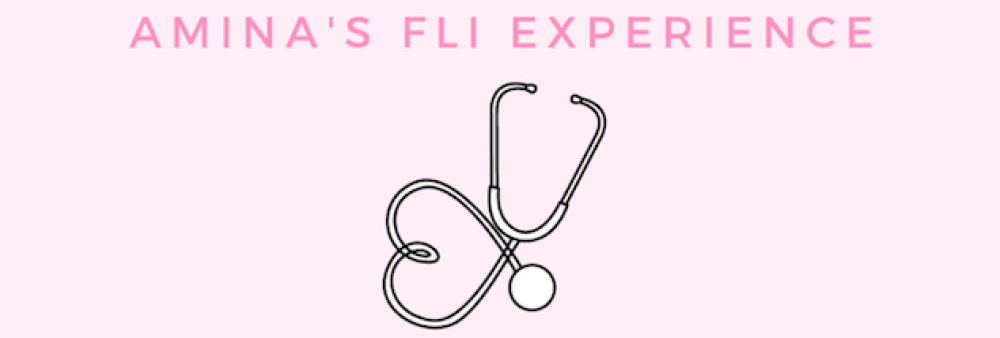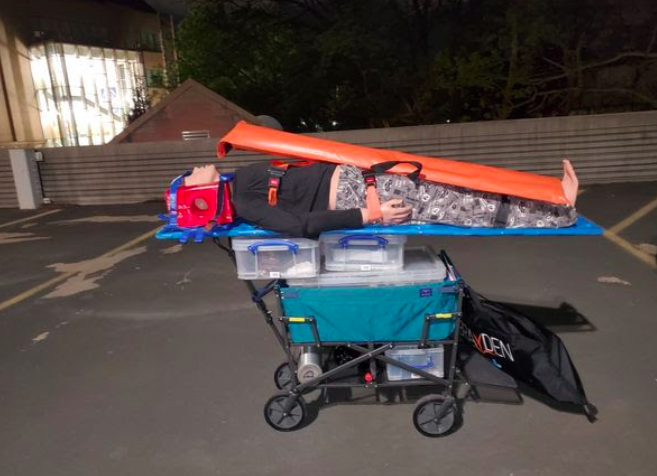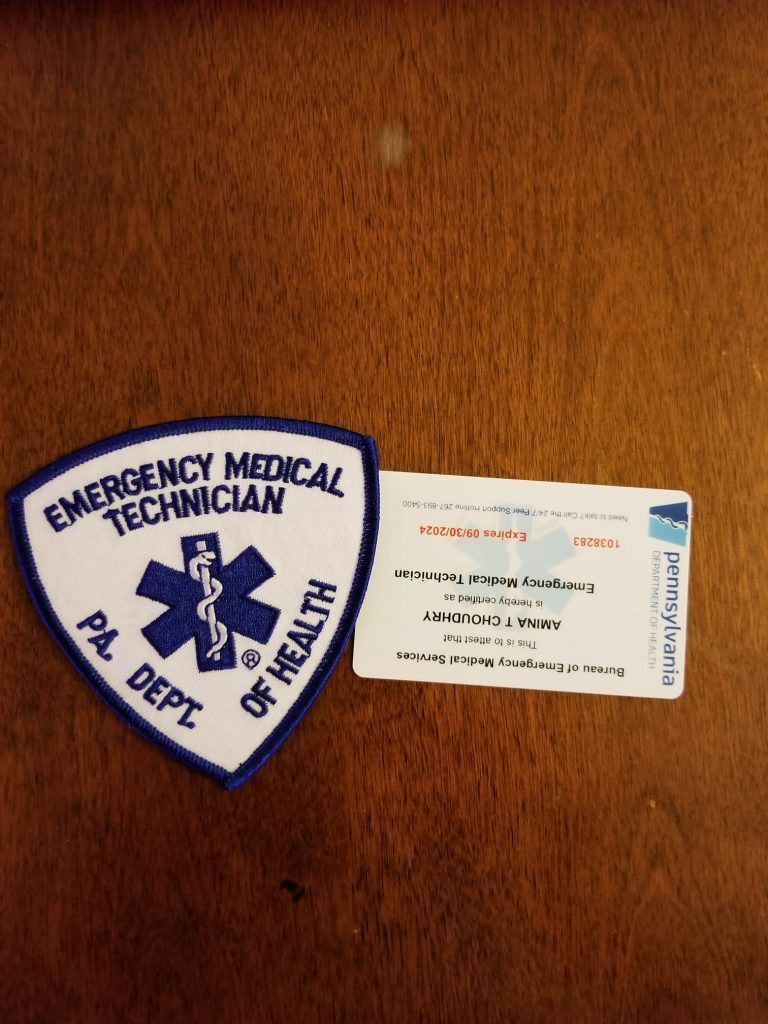Hey Yall!
Welcome back to Amina’s Fli Experience, a blog dedicated to detailing the life of a First-Generation Low Income Pre-med student at Bryn Mawr. In this blog post I’m going to talk about the process for declaring an independent major and my experience declaring.
Any student from the Bi-Co may declare an independent major if the current majors offered do not satiate their intellectual curiosity and career goals. An independent major is a structured plan of study consisting of a mixture of introductory and higher level courses in a field within the liberal arts. That’s the beauty of attending a liberal arts institution
We are exposed to a wide range of classes in different disciplines that will prepare us to deal with complexity, diversity, and change. Students in a liberal arts institution recognize that college isn’t just a means to an end to secure a job but rather to develop a strong sense of social responsibility as well as strong and transferable intellectual and practical skills, such as communication, analytical, and problem-solving abilities, and a demonstrated ability to apply knowledge and skills in real-world settings. Even still, our list of offered majors is limited and if you are thinking about declaring an independent major I would love to have a conversation with you about what it entails and if it’s right for you.
You must reach out to 2 major advisors including a thesis advisor, and then submit a major plan proposal to the governing committee who then evaluates the proposal based on feasibility and preparedness.
Admittedly, the process may be fraught with added delays as your major advisors will send copy edits and revisions. I went to a total of 5 drafts before developing a comprehensive proposal to submit to the affiliated dean, Dean Mancini. Below is a link to the Bryn Mawr College website that details the necessary application materials and deadlines.
Declaring an Independent Major
As a FGLI student on the Pre-med track I am deeply interested in the intersection of medicine and social justice. I have curated a “Health, Science, and Society” major that will allow me to develop the critical thinking and analysis skills necessary to confront the social determinants of health, develop a more comprehensive understanding of physical and mental health, and better understand the concerns of patients from different backgrounds including but not limited to race, class, sexuality, ability, etc.
Medicine is both a natural and a social science and the common denominator between the two spheres is the attempt to gain a deeper understanding of humanity’s condition. It is not simply comprehension of physiology and epidemiology or simply interpersonal physician skills. Rather, it is a combination of the latter and the former that result in the amalgamation of treating the “whole person.” I have decided to design this major to examine ideas of identity, sexuality, and collective health along with forging an understanding of cellular and chemical mechanisms of life.
While the obvious choice would be for me to fulfill the requirements for a biology major, taking biology classes alone does not satiate my intellectual curiosity nor enable me to tackle the more complex questions facing physicians, including what role they should play in society, politics, and promotion of social justice. My passion for health care transcends the life sciences and instead permeates into aspects of health care such as global health, community health, addiction. One of the reasons I applied to a liberal arts institution and ultimately Bryn Mawr College was because of my awareness that a liberal education is an essential complement to the much more narrow graduate medical school curriculum. While medical schools offer cursory instruction in ethics, leadership, and health policy, there is little time dedicated to the deeper social science constructs and social processes that are needed to understand patients’ lived experience.
It is not good enough for a doctor to simply know the appropriate medication to prescribe or diagnostic test to order. Physicians must also fully understand how social constructs such as class, gender, and race mold their medical decisions and how, in turn, patients experience their care. Dedicating my undergraduate years to this interdisciplinary study of Health, Science, and Society will offer a unique experience that will offer insight into individual differences and enrich my diagnostic and interpersonal skills.
I outline below the courses I plan on taking and the timeline along which I will complete these courses. I am positive that through this personalized major plan, I will become more knowledgeable about the upstream factors that influence community health, particularly poverty, housing, work and unemployment, social exclusion, food security, transportation, and access to health and social services.
The purpose of this major is to best prepare myself to be a highly capable physician. While I was originally planning on becoming an OBGYN I am now also considering family medicine in underserved communities and am thinking about the possibility of sub-specializing in addiction medicine. The independent major in Health, Science, and Society will equip me with important social science constructs, critical-analytical skills, and a unique perspective that will empower me to excel and lead in this important area of medicine.
If you’d like to see more specifics about the breakdown of my classes keep reading!
Courses I am Currently Taking
- PSYC B218 Behavioral Neuroscience
- ANTHH273 Law and Anthropology: The war on Drugs
- ANTHH265 Medical Anthropology
Courses I am Planning to Take
- BIOL B150 Human Anatomy
- EDUC B240 Qualitative Research
- HLTH H206 Health and Medicine in Modern American History
- PSYC B395 Psychopharmacology
- BIOL B352 Immunology
- SOCL B326 Feminist Perspectives on Health
- HLTH 226 Radical Medicine
- HLTH H498. Senior Thesis Seminar: Supervised Research and Writing )
- HIST B337 Topics in African History: Cities, Epidemics, Pandemics
- HLTH H304 Critical Disability Studies: Theory and Practice
- PEAC H201 Applied Ethics of Peace, Justice, and Human Rights
- CHEM B377 Biochemistry
- HIST B210 Issues in Comparative & Transnational History: Opioids: A Global History



